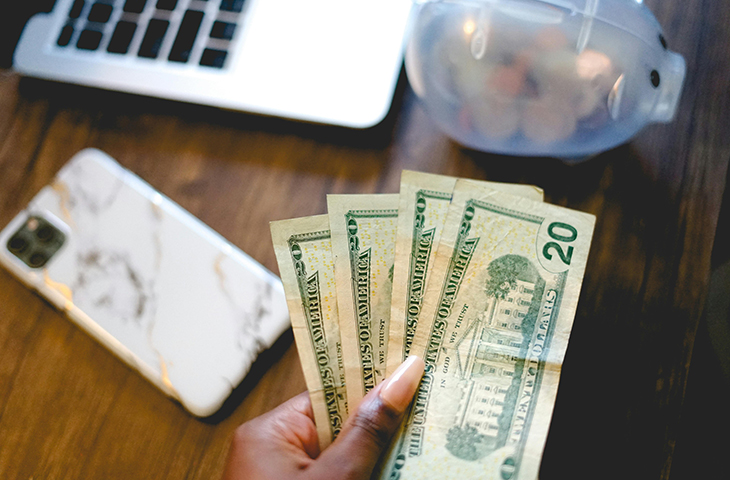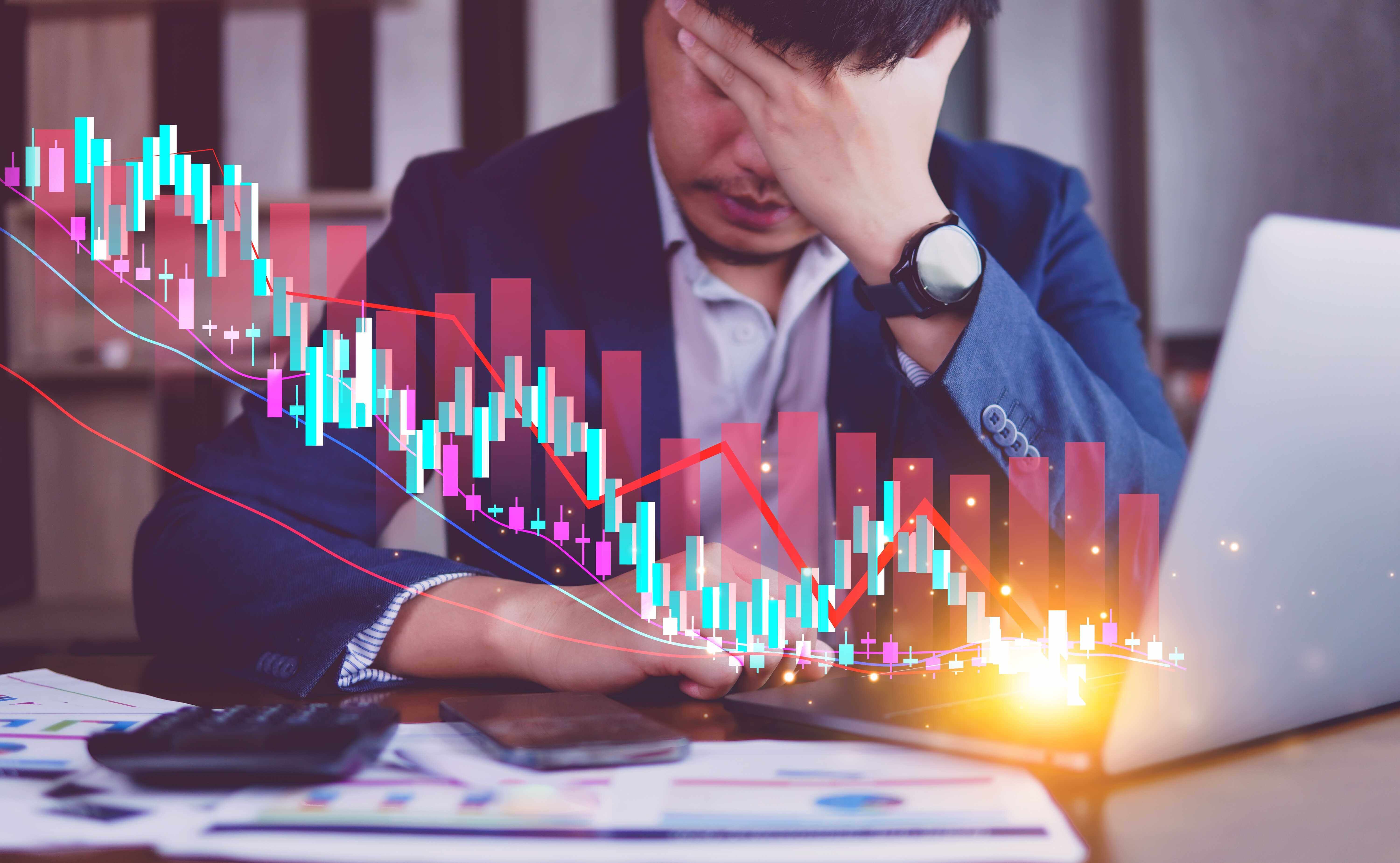3 High-yield Dividend Stocks To Buy In 2025

High-yield dividend stocks may not appeal to some investors. However, if you're among those investors looking for income, stocks that pay dividends regularly can be great additions to your portfolio.
Three Motley Fool contributors have identified some especially great high-yield dividend stocks to buy in 2025 -- and all of them are big pharma stocks. Here's why they chose AbbVie (NYSE: ABBV), Amgen (NASDAQ: AMGN), and Pfizer (NYSE: PFE).
Where to invest $1,000 right now? Our analyst team just revealed what they believe are the 10 best stocks to buy right now. See the 10 stocks »
A Dividend King with solid growth prospects
Keith Speights (AbbVie): Income investors should like AbbVie's forward dividend yield of 3.68%. However, they should absolutely love the big drugmaker's dividend track record. AbbVie has increased its dividend for 52 years, putting it in the elite group of stocks known as Dividend Kings.
For years, the big story for AbbVie focused on its blockbuster autoimmune disease drug, Humira. Now, though, Humira's sales are falling as it faces biosimilar competition. The good news is that AbbVie has prepared well for this scenario.
Sales for the company's two successors to Humira -- Rinvoq and Skyrizi -- continue to soar. Other drugs in AbbVie's lineup, including Botox, migraine therapies Qulipta and Ubrelvy, cancer drug Venclexta, and antipsychotic medication Vrayalar, are also delivering strong sales growth. The company picked up several of these products through smart acquisitions.
AbbVie's pipeline features over 90 programs in clinical development. More than 50 of them are in either mid- or late-stage testing. A whopping 80% are compounds with a novel mechanism of action, which could bode well for their competitive positions if they eventually win regulatory approvals.
I expect AbbVie to continue delivering solid growth throughout the second half of the decade and into the 2030s. Its stock is also reasonably priced relative to these growth prospects, with a forward earnings multiple of 15.
Multiple reasons to buy the dip
Prosper Junior Bakiny (Amgen): The market had high hopes for Amgen's investigational weight loss medicine, MariTide. That's why the company's shares dropped off a cliff after it announced positive -- but not positive enough -- phase 2 data for this product. The biotech's shares haven't recovered yet, but this setback does provide an entry point for patient investors.
Amgen is still worth investing in for many reasons. For one, MariTide could still go on to be a respectable weight loss drug, and Amgen is working on at least one other obesity candidate. The company's efforts in this fast-growing area are just getting underway.
Second, Amgen has other products that could be growth drivers for years to come. That includes asthma therapy Tezspire, the rights of which it shares with AstraZeneca, and thyroid eye disease medicine Tepezza, among others.
Third, Amgen's pipeline still looks attractive. One area behind weight loss that the company is targeting is the biosimilar market. It recently earned a legal win that allows it to launch a biosimilar version of Regeneron's blockbuster medicine Eylea for wet age-related macular degeneration while the two drugmakers continue to fight a patent battle in the courtroom.
Amgen's biosimilar ambition is targeting several more important brands, including Bristol Myers Squibb's cancer drug Opdivo. Amgen has many other candidates across multiple therapeutic areas.
Last but not least, the company is an excellent dividend pick. Amgen's forward yield currently tops 3.6%, compared to the S&P 500's average of 1.27%. Amgen has increased its payouts by 201.3% in the past decade. The company is an excellent high-yield stock, especially while its shares remain down.
Pfizer's dividend is safer than it looks
David Jagielski (Pfizer): A high-yielding stock that could make for a steal of a deal this year is Pfizer. The stock hasn't gotten much traction with investors recently, falling 8% last year as its results failed to drum up much bullishness.
But buying the stock while investor sentiment is low could be an advantageous position to take. That's because Pfizer's business is still doing well, and its 6.5%-yielding dividend isn't in imminent danger. The company is focusing on trimming costs and improving its margins to help grow its profits. For 2025, it expects its adjusted diluted earnings per share to increase slightly to a range of $2.85 to $3.00 (it expects between $2.75 to $2.95 for 2024).
The company pays a quarterly dividend of $0.43 ($1.72 over the course of a full year), and in its most recent earnings report (for the quarter ended Sept. 29, 2024), its earnings per share topped $0.78. There has been a lot of noise on Pfizer's earnings results in the past year due to the volatility involving COVID-19 revenue, which pushed its payout ratio above 100%.
However, as things normalize, investors will see the dividend is quite safe. Last year, CEO Albert Bourla referred to the dividend as a "sacred cow," emphasizing just how important the payout is, not just shareholders, but also for management.
It may be a tough road ahead for Pfizer as it endeavours to find new avenues to grow its business, but with a growing pipeline and the acquisition of Seagen in 2023, there's plenty of reason to remain bullish on the stock in the long run. For dividend investors, now may be as good a time as any to add Pfizer to your portfolio.
Don’t miss this second chance at a potentially lucrative opportunity
Ever feel like you missed the boat in buying the most successful stocks? Then you’ll want to hear this.
On rare occasions, our expert team of analysts issues a “Double Down” stock recommendation for companies that they think are about to pop. If you’re worried you’ve already missed your chance to invest, now is the best time to buy before it’s too late. And the numbers speak for themselves:
- Nvidia: if you invested $1,000 when we doubled down in 2009, you’d have $352,417!*
- Apple: if you invested $1,000 when we doubled down in 2008, you’d have $44,855!*
- Netflix: if you invested $1,000 when we doubled down in 2004, you’d have $451,759!*
Right now, we’re issuing “Double Down” alerts for three incredible companies, and there may not be another chance like this anytime soon.
*Stock Advisor returns as of January 13, 2025
David Jagielski has no position in any of the stocks mentioned. Keith Speights has positions in AbbVie, Bristol Myers Squibb, and Pfizer. Prosper Junior Bakiny has no position in any of the stocks mentioned. The Motley Fool has positions in and recommends AbbVie, Bristol Myers Squibb, Pfizer, and Regeneron Pharmaceuticals. The Motley Fool recommends Amgen and AstraZeneca Plc. The Motley Fool has a disclosure policy.


